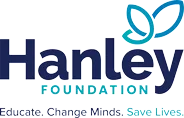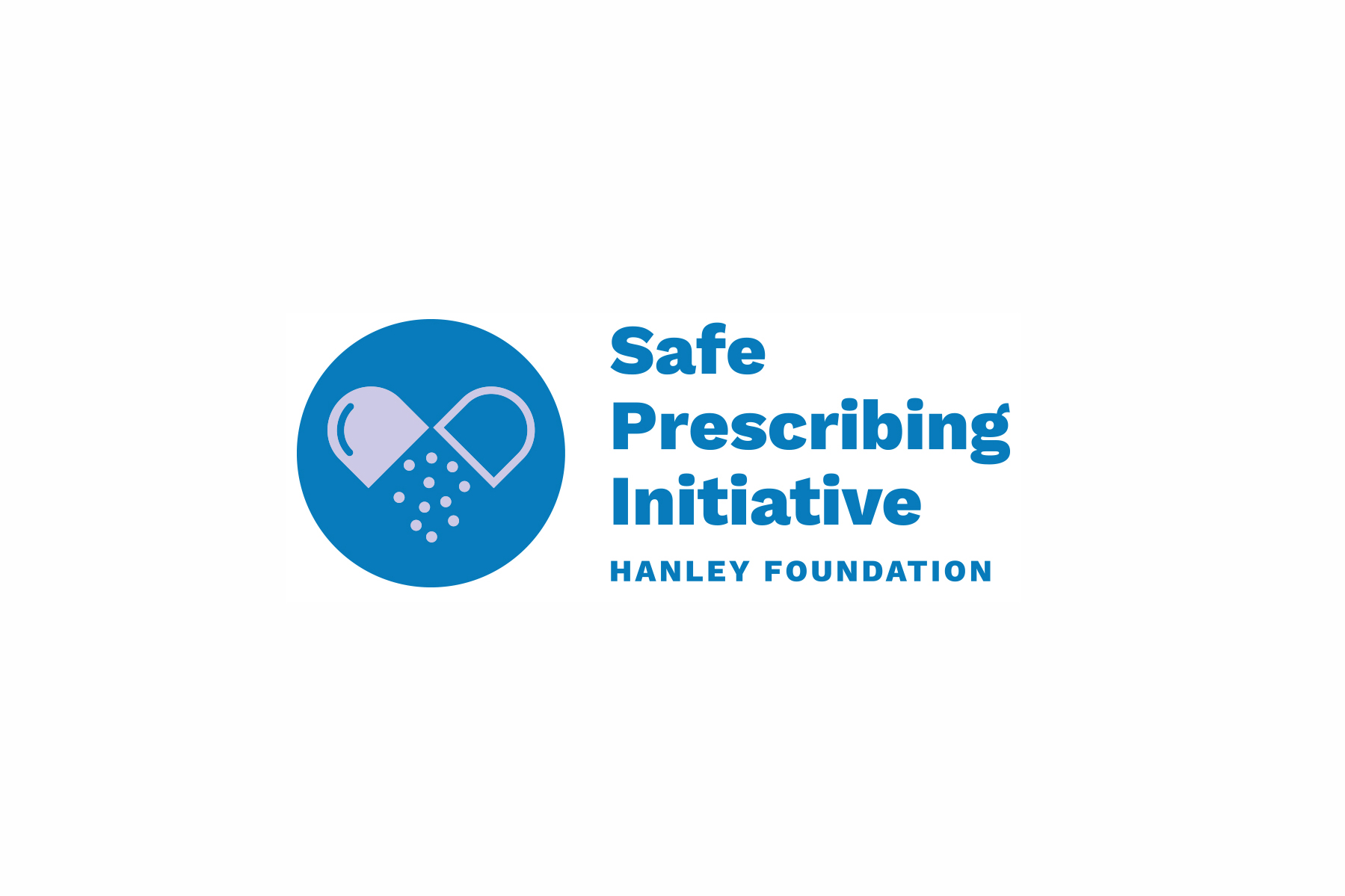International Overdose Awareness Day is on August 31st, and to increase awareness of this critical topic, Hanley Foundation has launched an innovative Safe Prescribing Initiative, designed to inform parents, patients and healthcare providers on the risks associated with the prescription of opioids to the pediatric population. As a part of the initiative, the Foundation created multiple evidence-based resources, available in English, Spanish, Portuguese, and Creole.
One of the resources is a Safe Prescribing Toolkit—with audience-tailored content created for parents, patients, and providers. The toolkit provides essential information by highlighting the short-term and long-term dangers of prescription opioids, especially to adolescents. The Initiative’s materials illustrate the risk and protective factors scientifically correlated with adolescents’ misuse of opioids, and research-proven alternatives, such as non-steroidal anti-inflammatory medications and physical therapy for pain management and patient rehabilitation. The toolkit and other resources are available at HanleyFoundation.org/SPI.
In 2021, Palm Beach County alone experienced nearly 7,000 suspected overdoses, 47% of which were opioid-related. Research has shown that the risk of opioid-related overdose increases with daily use, and that prescription-opioid deaths of children rose from 50% between 1999 and 2007 to between 67% and 75%. Prescription opioids carry severe risks of addiction and overdose, as well as side effects such as depression and drowsiness.
“Addiction to prescription opioids can happen to anyone at any time,” said Hanley Foundation’s CEO, Rachel Docekal, MBA, Ed.D. “This is why it’s critical that the community comes together to stop the potential of opioid misuse or overdose at an early age. Our goal is to keep our children and community safe from addiction by decreasing the number of opioid prescriptions per capita in Palm Beach County.”
Substance use disorder typically begins during adolescence: 75% of 17–30-year-olds in substance use treatment programs admitted that their use of substances started at the age of 17 or younger. Further, using alcohol and other substances at a young age negatively affects brain development.
Hanley has based its Safe Prescribing Initiative on the Center for Disease Control and Prevention’s Framework for Program Evaluation in Public Health. For healthcare providers, the tool kit emphasizes the risks involved with opioids by presenting scientifically backed data and statistics regarding the prevalence of opioid use, misuse, and dependence, as well as information regarding nonopioid regimens. Further, the kit outlines patient and family education, and explains how prescribers can make the best, safest decision with patients.



